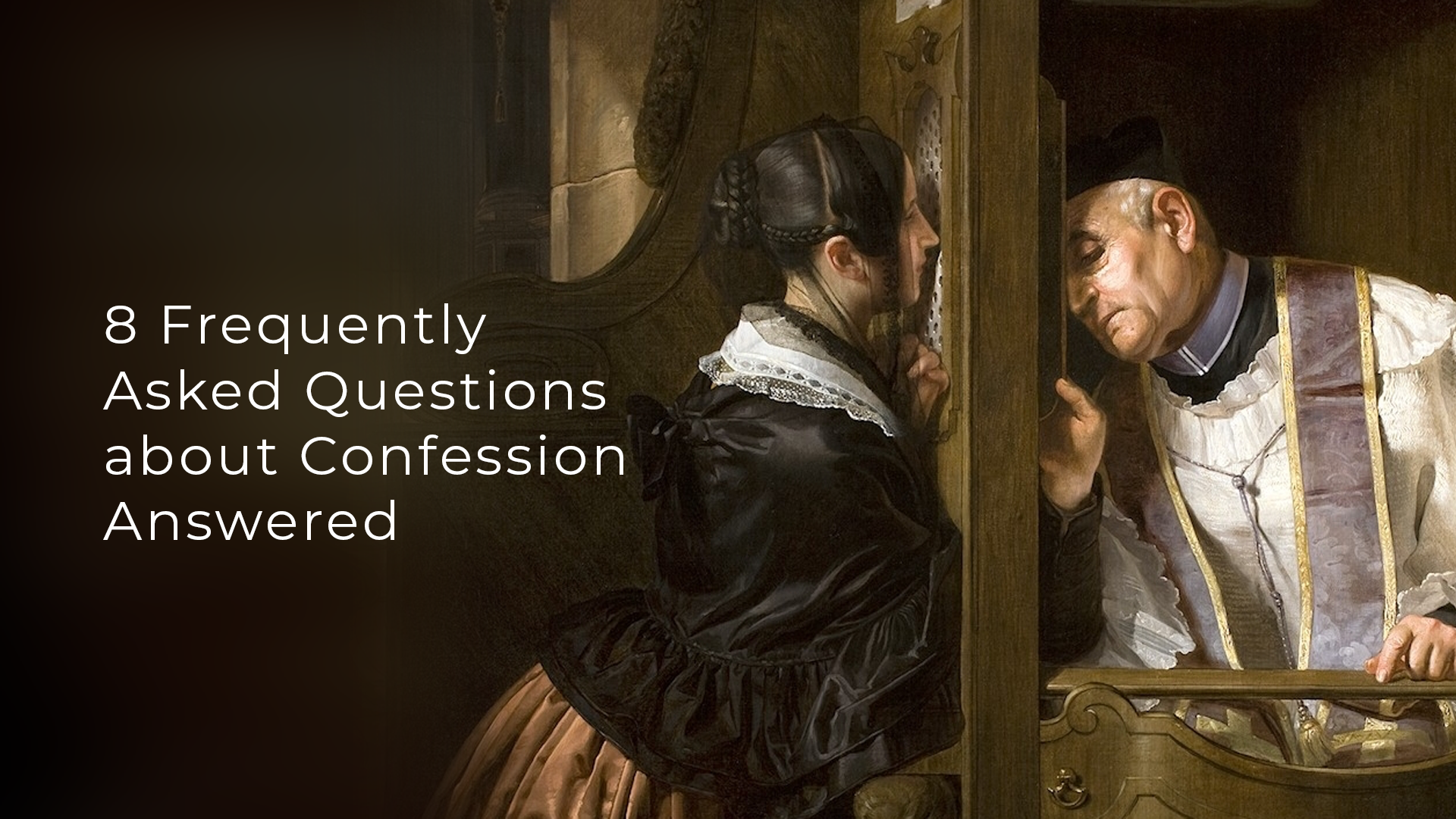
Every time we sin, we hurt ourselves, other people and God. The sacrament of penance was given to us by Christ to help us reconcile with Christ and His Church when we have committed harm. Through the sacrament, we acknowledge our sins, express our sorrow in a meaningful way, receive the forgiveness of Christ and his Church, make reparation for what we have done and resolve to do better in the future.
The rite for the sacrament of penance involves four parts: contrition, confession, penance and absolution.
As the Catechism of the Catholic Church points out, our faith in the forgiveness of sins is tied to faith in the Holy Spirit and the Church: “It was when He gave the Holy Spirit to His apostles that the risen Christ conferred on them His own divine power to forgive sins: ‘Receive the Holy Spirit. If you forgive the sins of any, they are forgiven; if you retain the sins of any, they are retained’” (no. 976; cf. John 20:22-23). We bring our failings to the Church, then, because Jesus imparted to His apostles their successors, and through them to all ordained priests, His own power to forgive sins, to restore and reconcile the sinner with God and also the Church. This power to forgive sins is often referred to as the “power of the keys,” the power entrusted to the Church when Jesus told St. Peter: “I will give you the keys to the kingdom of heaven. Whatever you bind on earth shall be bound in heaven” (Matt 16:19). This power is manifested and operative in the sacrament of penance.
A priest can never reveal what he is told in a confession. This obligation of absolute confidentiality and secrecy is most serious. In fact, a priest who violates the seal of confession is punished with automatic excommunication.
If you would prefer to receive the sacrament anonymously, it’s fine. Most confessionals or reconciliation rooms have a screen behind which you can kneel during your confession if you prefer.
The priest’s purpose is not to keep a check-list on people, but to be an instrument of Christ in receiving someone’s sorrow, bringing forgiveness and helping the people move forward. A priest hears a large number of confessions. He is not there to judge the person, but rather the nature of the sin, and to offer counsel and encouragement to overcome the sin and to grow spiritually. He too goes to confession, so he knows how it feels to confront one’s own sins and ask for forgiveness.
As the Code of Canon Law tells us, Catholics are required to receive the sacrament at least once per year (more often if they have committed any moral, or serious, sins). That said, parishioners are encouraged to take advantage of the sacrament at least monthly. This practice helps us keep aware of our spiritual progress and provides the grace to overcome our sins.
Any of these is fine. The Rite itself uses penance and reconciliation. The Catechism of the Catholic Church notes the sacrament is known by many names.